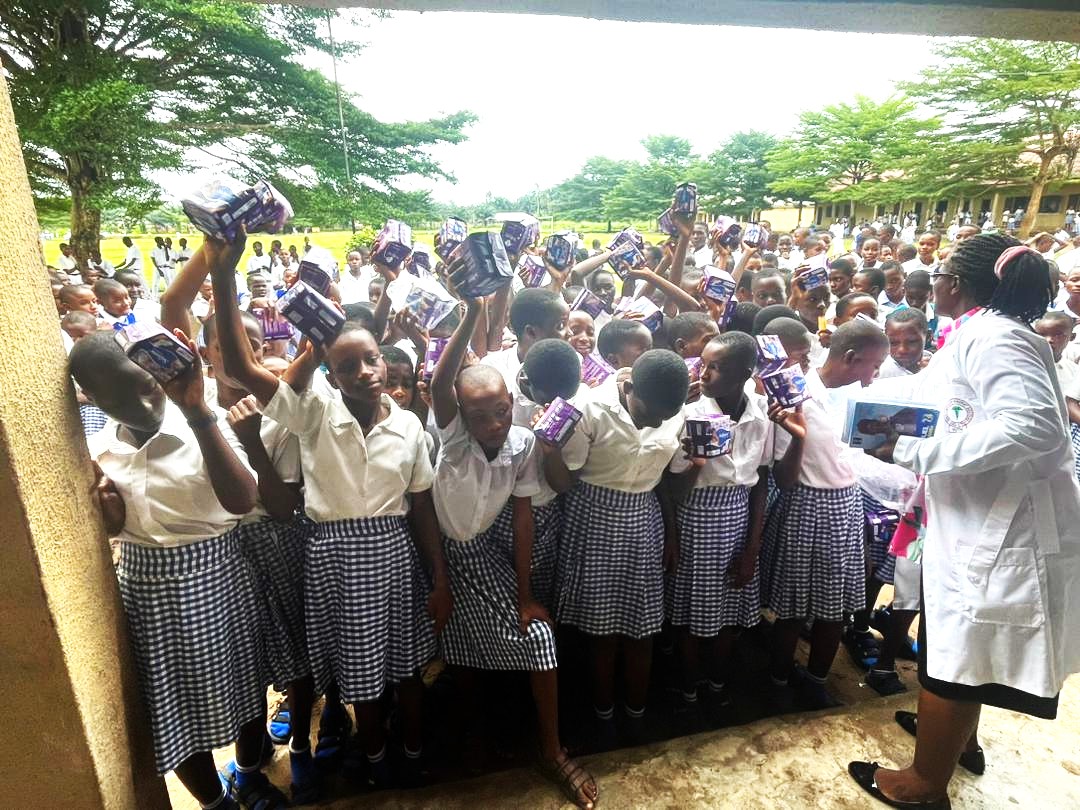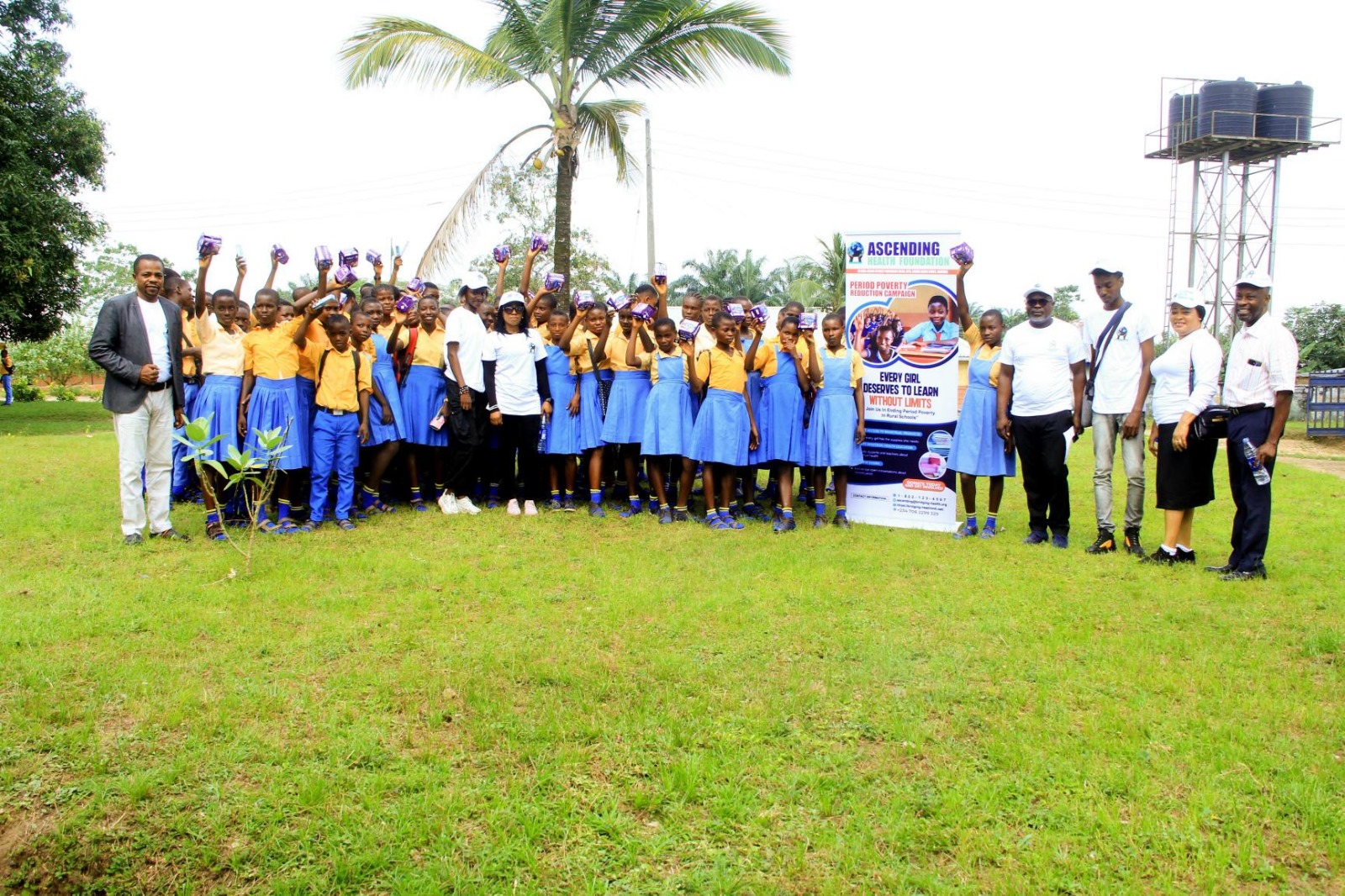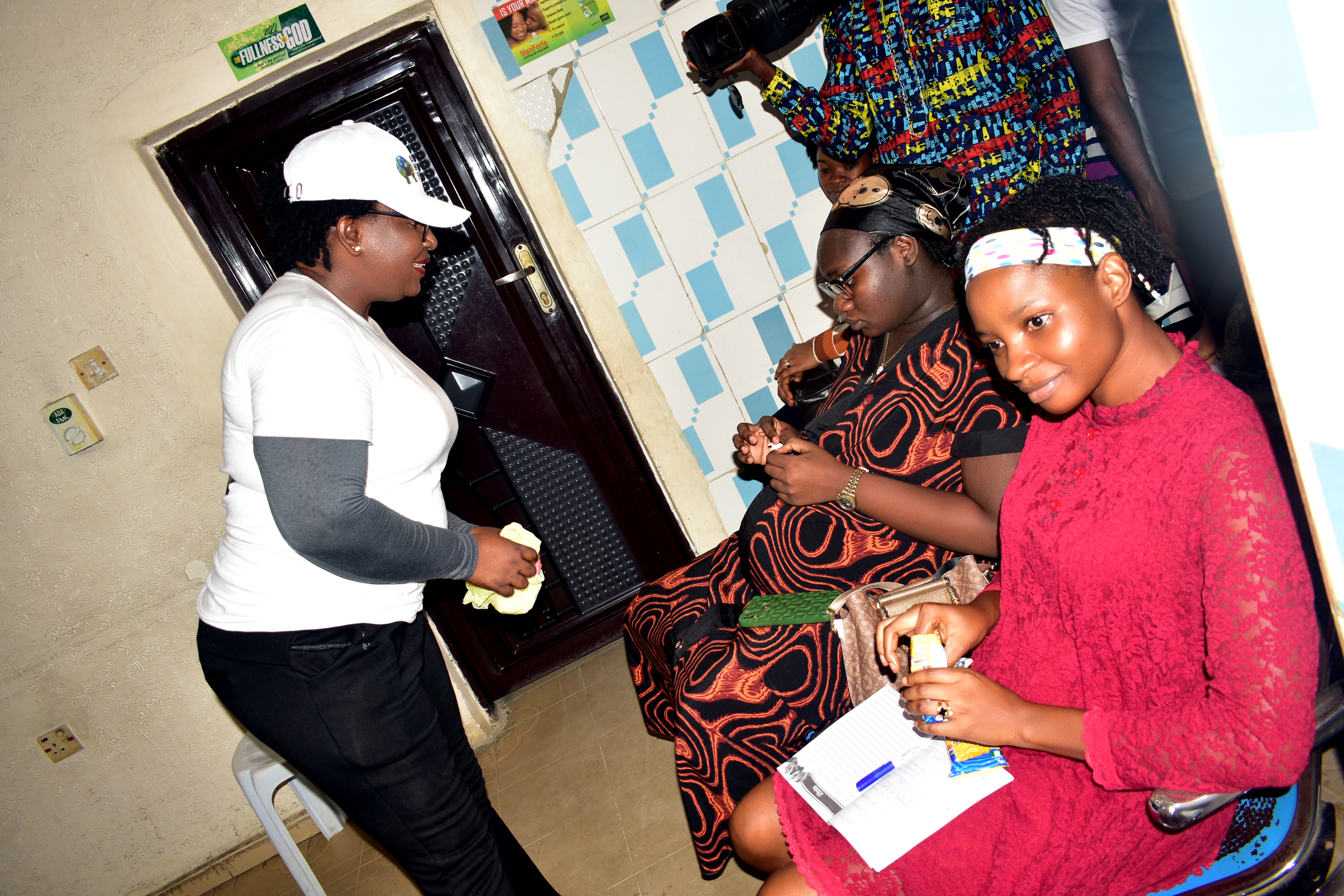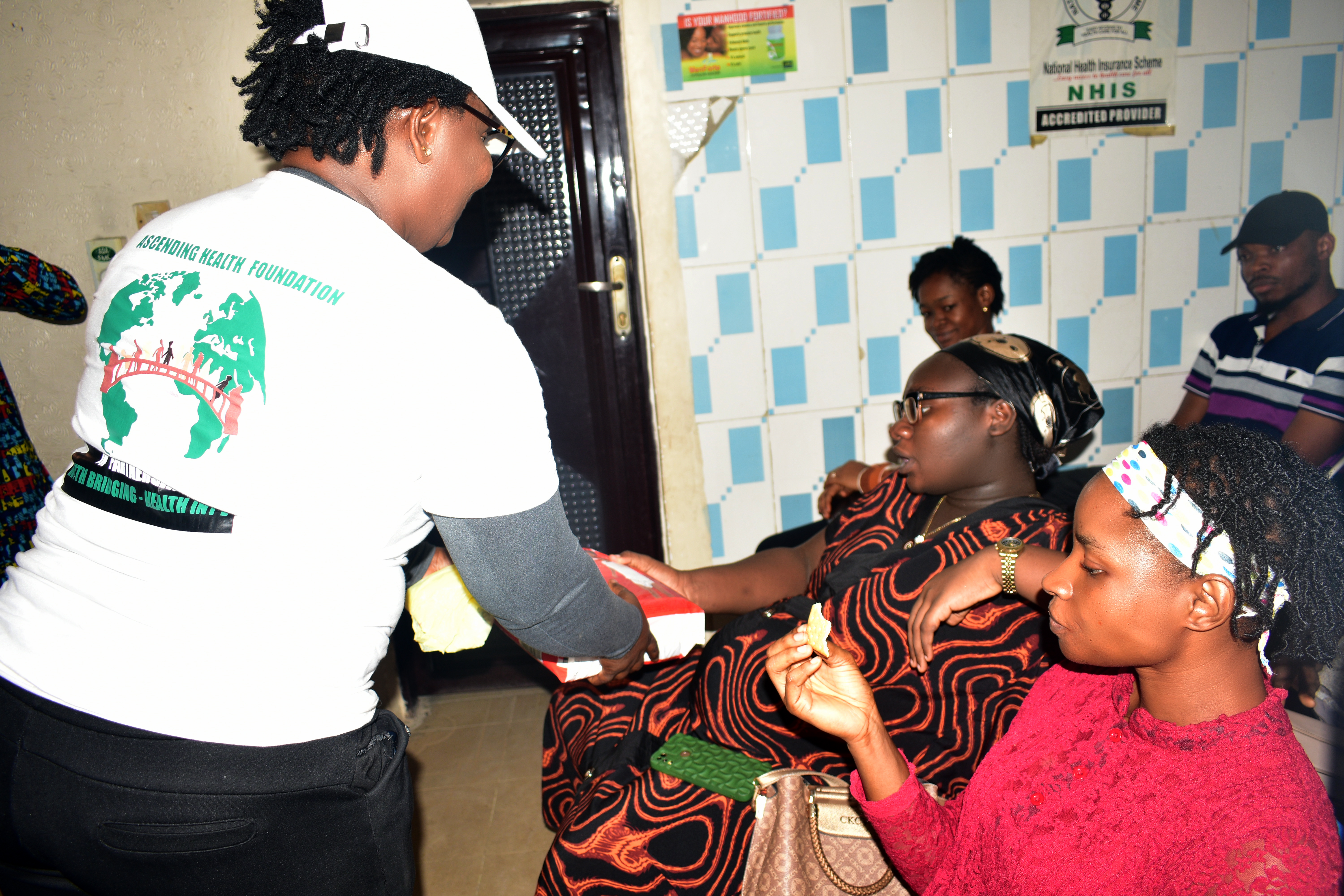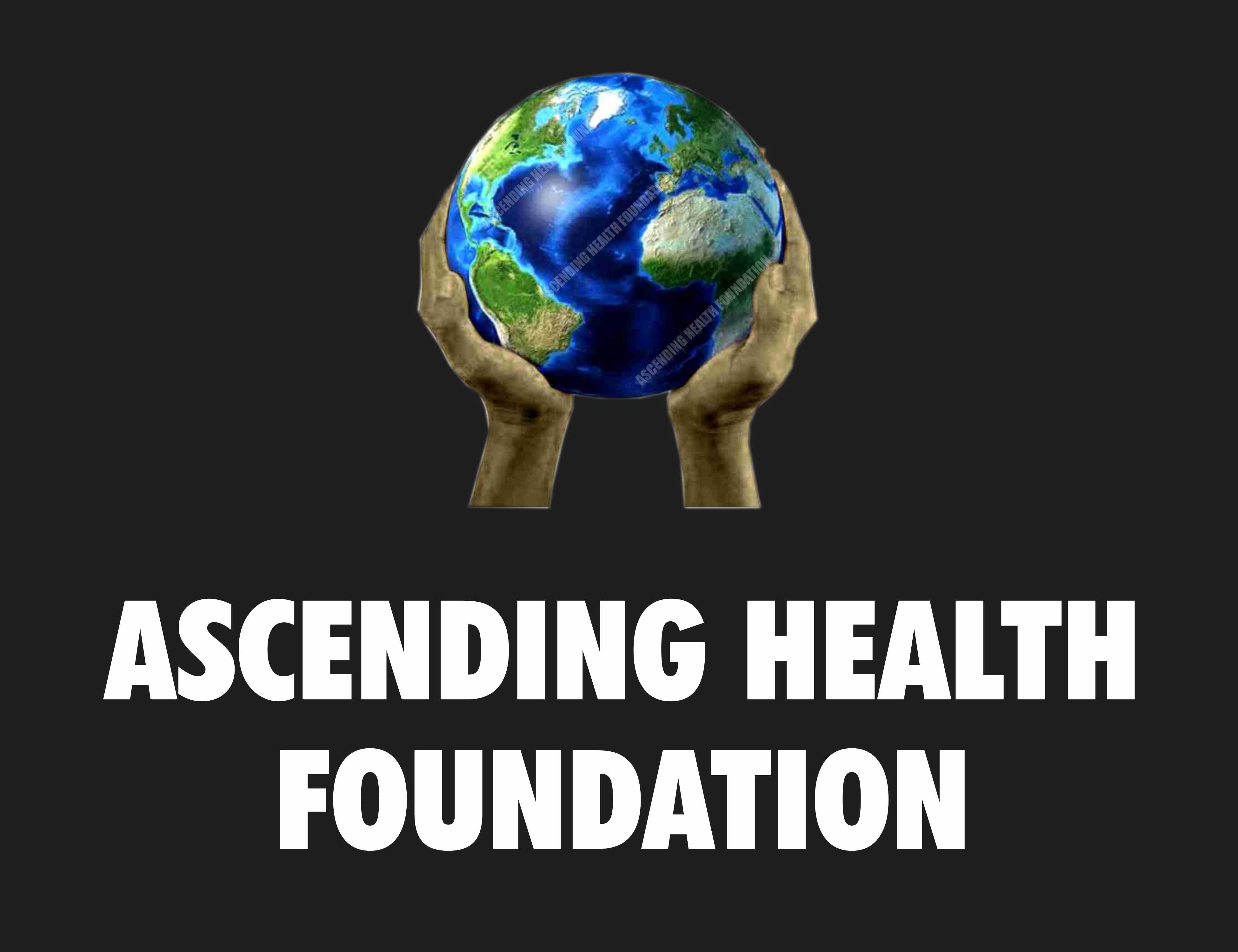

Ascending Health Foundation
Ascending Health Foundation(AHF) is a Non-governmental Organization(NGO) incorporated with the Corporate Affairs Commission in Nigeria. AHF is an affiliate of Bridging-Health Intl (BHI). Together they work collaboratively with BHI to drive the mission and vision the overall organizational goals.
A book titled " Inequality in a Rapidly Changing World "published by World Health Organization (UN) , highlighted the deeper divide in rural communities. It further reports an increase in the number of out-of-school children in rural areas of Nigeria (UN, 2020).
In a bid to bridge this gap, AHF with its parent organization are in a collaborative drive to advance programs targeted at mitigating inequalities and inequities in vulnerable populations and communities in Nigeria with particular interest in rural communities. We are poised to improve rural health and serve the underserved.
"Where people live exerts a strong influence on their opportunities in life including access to safe drinking water, electricity, health care, good schools, decent work and other goals envisioned in the 2030 Agenda. Inequalities related to location – also known as “spatial inequalities” – can be extreme between rural and urban areas, especially in developing countries" (United Nations, 2020).
"Education is the most powerful weapon which you can use to change the world." — Nelson Mandela
"Education is for improving the lives of others and for leaving your community and world better than you found it." — Marian Wright Edelman
"The great aim of education is not knowledge but action." — Herbert Spencer
"Education is learning what you didn’t even know you didn’t know." — Daniel J. Boorstin.
The prevalence of health inequity continues to be a challenge across countries and within countries, with rural disadvantages persisting. Ascending Health Foundation (AHF) with support of its parent non-profit organization, Bridging-Health Int’l (USA) is dedicated to addressing rural health. Currently, AHF is educating pupils in rural public schools on menstrual health management and discouraging the use of reusable rags and washing same in the public streams where water is by the community. This initiative is part of AHF's broader campaign to bridge the gender gap and address inequalities in education in rural communities by tackling prevalent conditions that affect the quality of life and overall well-being. .
In alignment with the global call to action by the UN and WHO to address period poverty and bridge gender inequality, AHF, in collaboration with its affiliate BHI (USA), is advancing this campaign through research and data to provide evidence-based solutions.
Period poverty is a global health issue impacting women and girls in both wealthy and impoverished nations (UN Women, 2024). In response to the UN and WHO's global call to action to address period poverty and reduce gender inequality, AHF and BHI are advancing the Period Poverty Reduction Campaign. This initiative, in collaboration with the University of Uyo in Akwa Ibom State, Nigeria, aims to educate, demystify menstruation, and gather data from rural public schools for evidence-based interventions.
Human Rights Advocacy.
- Provide educational resources to the most marginalized and vulnerable children.
- Drive the eradication of Child Labor ; every child deserves to grow as a child and attain basic education
- Respond to food insecurity by providing food supplies to the rural dwellers/ school launch program to promote nutritional balance and focused learning


References
Constitution. (2023). World Health Organization (WHO). Retrieved from https://www.who.int/about/governance/constitution
Goal 6: Ensure access to water and sanitation for all. (n.d.). United Nations (UN). Retrieved from https://www.un.org/sustainabledevelopment/water-and-sanitation/
Period Poverty – why millions of girls and women cannot afford their periods. (2024). UN Women. Retrieved from https://www.unwomen.org/en/news-stories/explainer/2024/05/period-poverty-why-millions-of-girls-and-women-cannot-afford-their-periods
Social Determinants of Health. (n.d.). U.S Department of Health and Human Services. Retrieved from https://odphp.health.gov/healthypeople/priority-areas/social-determinants-health
Social Determinants of Health at CDC. (2022). Centers for Disease Control and Prevention (CDC). Retrieved from https://www.cdc.gov/about/priorities/why-is-addressing-sdoh-important.html
Social Determinants of Health. (n.d.). World Health Organization (WHO). Retrieved from https://www.who.int/teams/social-determinants-of-health
The 17 Goals. (n.d.). United Nations (UN). Retrieved from https://sdgs.un.org/goals
Transforming Our World: The 2030 Agenda for Sustainable Development. (n.d.). Department of Economic and Social Affairs, United Nations (UN). Retrieved from https://sustainabledevelopment.un.org/content/documents/21252030%20Agenda%20for%20Sustainable%20Development%20web.pdf
Sustainable Development Goal. (2025). United Nations. Retrieved from https://www.un.org/sustainabledevelopment/goal-of-the-month/
Universal Declaration of Human Rights. (2017). [YouTube Video]. Retrieved from https://www.youtube.com/watch?v=5RR4VXNX3jA
Universal Declaration of Human Rights. (n.d.). United Nations. Retrieved from https://www.un.org/en/about-us/universal-declaration-of-human-rights
We all have rights. (2022). [YouTube Video]. UNICEF. Retrieved from https://www.youtube.com/watch?v=6F7ie1Z07aM&t=6s
World Social Report 2020: Inequality in a Rapidly Changing World. (2020). United Nations (UN). Retrieved from https://www.un.org/development/desa/dspd/wp-content/uploads/sites/22/2020/01/WSR2020-Executive-Summary.pdf
World Social Report 2020. (2020). Department of Economic and Social Affairs, United Nations (UN). Retrieved from https://www.un.org/en/desa/world-social-report-2020

